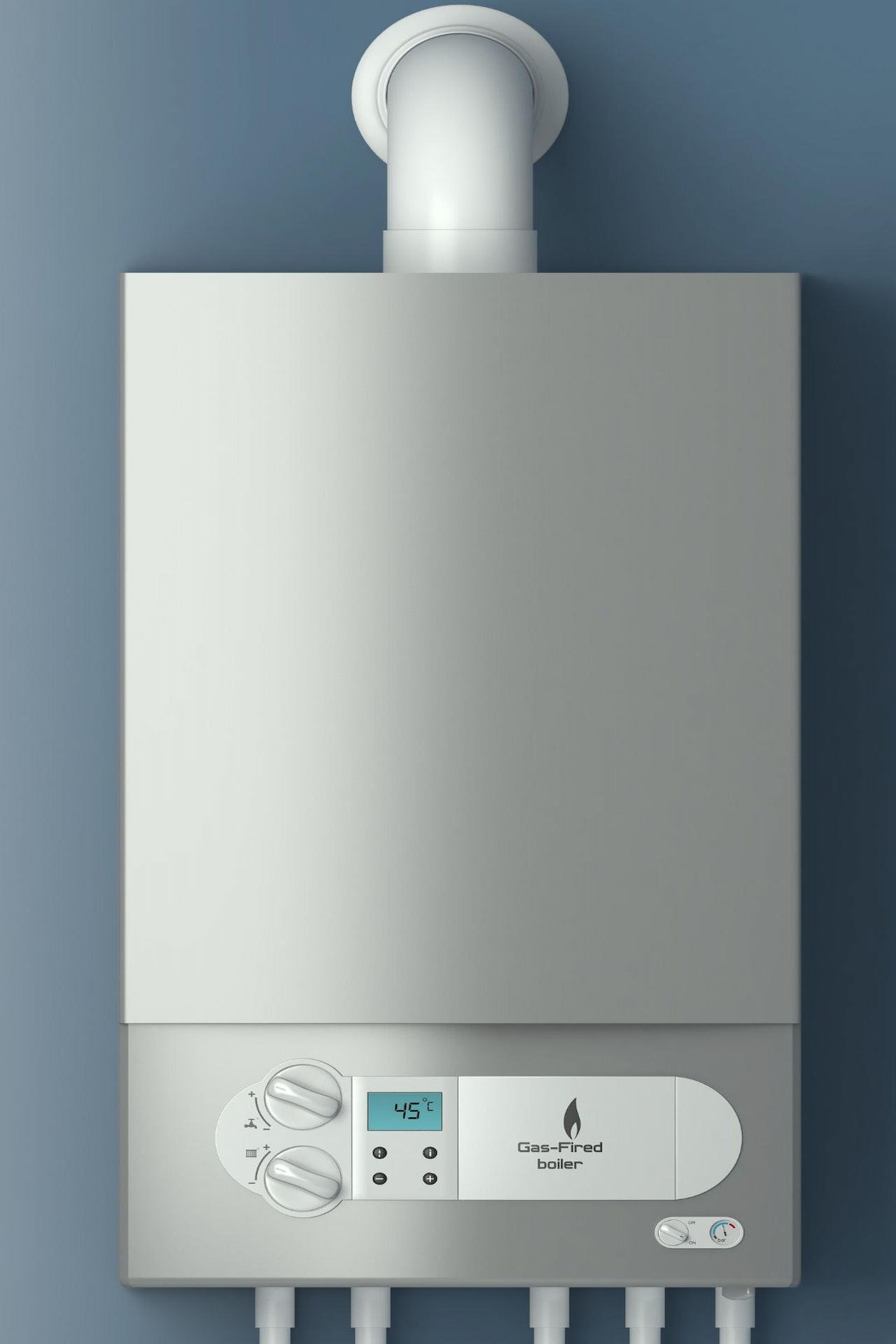Boiler maintenance is a critical aspect of property management, particularly for landlords. Ensuring the functionality and safety of boilers keeps tenants comfortable and protects the landlord’s investment. One option for maintenance is DIY boiler cover, where landlords take on the responsibility themselves rather than relying on external services. This article delves into the advantages and disadvantages of this approach, weighing the benefits against the potential drawbacks.
Cost Efficiency
- Pros: DIY boiler cover can be cost-effective for landlords, especially those managing multiple properties. Landlords can avoid service fees and potentially reduce their overall expenditure by handling maintenance tasks personally.
- Cons: However, the initial cost of purchasing tools and equipment for boiler maintenance can be significant. Additionally, repair expenses may outweigh the savings from avoiding professional services if mistakes occur during maintenance.
Flexibility and Timeliness
- Pros: With DIY landlords boiler cover, landlords can schedule maintenance at their convenience. They can prioritise urgent repairs and address issues promptly, reducing downtime for tenants and minimising inconvenience.
- Cons: On the flip side, landlords may need more expertise to effectively identify and address boiler problems. Delayed or improper maintenance can lead to more extensive damage and longer repair times, ultimately affecting tenant satisfaction and retention.
Control Over Quality
- Pros: Taking personal responsibility for managing boiler maintenance empowers landlords to oversee the quality of craftsmanship directly. They can ensure that repairs are carried out to their standards and preferences, potentially leading to higher tenant satisfaction.
- Cons: However, with professional training and experience, landlords may notice critical maintenance tasks or make errors that compromise the boiler’s performance and safety. This lack of expertise can pose risks to both tenants and property integrity.
Legal and Safety Considerations
- Pros: DIY boiler cover informs landlords about the legal requirements and safety standards associated with boiler maintenance. By taking an active role in compliance, they can mitigate the risks of non-compliance penalties and ensure their tenants’ well-being.
- Cons: Yet, without the proper training and certification, landlords may inadvertently violate regulations or overlook safety protocols, exposing themselves to legal liabilities and endangering occupants. Keeping up with evolving regulations can also be challenging without professional guidance.
Skill Development and Empowerment
- Pros: Engaging in DIY boiler cover allows landlords to develop valuable skills and knowledge in boiler maintenance. By taking a hands-on approach, they can gain confidence in troubleshooting common issues, fostering a sense of empowerment and self-sufficiency.
- Cons: However, the learning curve associated with boiler maintenance can be steep, particularly for landlords with limited technical backgrounds. Without proper training and experience, DIY efforts may result in mistakes or oversights, potentially exacerbating problems and diminishing the perceived benefits of self-maintenance.
Tenant Satisfaction and Relationship Management
- Pros: Landlords who actively engage in DIY boiler cover may foster stronger relationships with tenants by demonstrating a proactive approach to property maintenance. Responsive and efficient resolution of boiler issues can enhance tenant satisfaction, improving retention rates and positive word-of-mouth referrals.
- Cons: Landlords need more expertise or resources to meet tenant expectations for timely and effective maintenance. Inadequate repairs or prolonged downtime can strain landlord-tenant relationships, eroding trust and satisfaction and potentially leading to tenant turnover or disputes.
Warranty and Insurance Implications
- Pros: DIY landlords boiler cover may provide greater control over warranty and insurance matters. By managing maintenance personally, they can ensure adherence to manufacturer requirements and policy conditions, maximising coverage and minimising disputes.
- Cons: Unauthorised DIY repairs or modifications can void warranties and insurance policies, leaving landlords financially exposed during breakdowns or accidents. With professional documentation and certification, claims may be accepted, leading to costly out-of-pocket expenses.
Time and Resource Allocation
- Pros: DIY boiler cover allows landlords to exercise greater control over allocating time and resources dedicated to maintenance activities. By managing tasks internally, they can prioritise boiler maintenance according to property needs, budget constraints, and scheduling preferences, optimising efficiency and flexibility.
- Cons: However, the demands of DIY boiler cover may compete with other responsibilities and obligations, such as property management tasks, tenant communications, and administrative duties. Landlords risk overextending themselves and neglecting critical aspects of property upkeep without careful planning and time management, potentially compromising overall maintenance effectiveness and tenant satisfaction.
Conclusion
In the realm of property management, the decision to opt for DIY boiler cover entails a careful balance of cost savings, convenience, and risk management. While it offers potential benefits such as cost efficiency, flexibility, and quality control, landlords must weigh these advantages against the inherent risks of inadequate expertise and legal compliance. Ultimately, the suitability of DIY boiler cover varies depending on individual circumstances, including property size, landlord experience, and tenant expectations. By considering the pros and cons outlined in this article, landlords can choose to maintain their boilers effectively while safeguarding their investments and tenants’ well-being.




